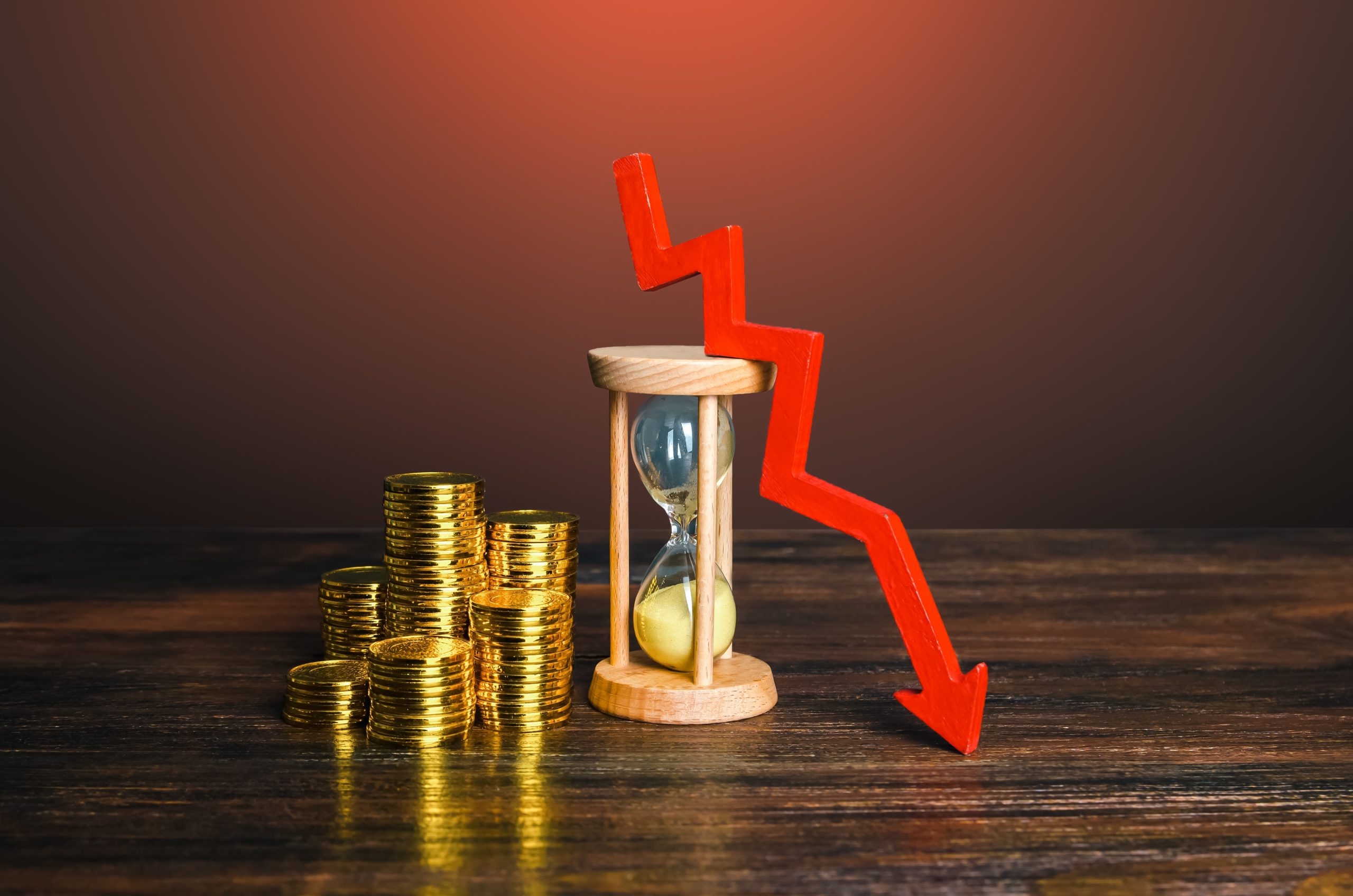Household Bills
Disposable incomes set to fall 10%, says think tank

Household incomes are on course to fall by £3,000 over the next two years as the cost-of-living crisis intensifies, the Resolution Foundation is predicting.
Household disposable incomes are on course to fall by more than 10% per cent over the next two years, in what is being described as the deepest living standards squeeze that the UK has faced in a century.
Resolution Foundation, the think tank, has looked at the economic prospects for the next prime minister’s first two years in office, as well as the second half of the 2020s. While the Bank of England is forecasting inflation to peak at 13%, Resolution Foundation’s analysis suggests the poorest tenth of UK households will experience higher inflation of 15%.
It predicts the cost-of-living crisis will stretch beyond this year through to 2024. Real earnings, which are already declining at their fastest rate since 1977, are on course to continue falling until at least mid-2023. By which time, any real pay growth since 2003 will have been wiped out.
Resolution Foundation notes that this unprecedented two-decade-long wage depression is a consequence not just of record inflation today, but of more than 15 years of economic stagnation, driven primarily by historically weak productivity.
It is predicting a 5% fall in real household disposable incomes between 2022 and 2023, and while inflation should ease the following year, the think tank is forecasting incomes to fall by a further 6% because £30bn worth of government support will come to an end. This would equate to a £3,000 drop in a typical household’s income.

Wellness and wellbeing holidays: Travel insurance is essential for your peace of mind
Out of the pandemic lockdowns, there’s a greater emphasis on wellbeing and wellness, with
Sponsored by Post Office
If there is no meaningful economic recovery, it will leave typical real incomes 7% lower at the end of the current parliament (2024-25) than they were at the start in 2019; the first time on record that Brits have been significantly poorer over the course of a parliamentary term.
With the cost-of-living crisis currently felt the most by low income households, Resolution Foundation predicts that child poverty will reach 33% in 2026-27, the highest level recorded since the 1990s.
It said significant support is required from the new prime minister in the form of help with energy bills over the winter and beyond. This could take the form of a universal bill reduction, for example. Any measures are likely to cost tens of billions of pounds, but would reduce the scale of the squeeze facing low-and-middle income households over the next six months, the think tank concluded.
Lalitha Try, researcher at the Resolution Foundation, commented: “Typical households are on course to see their real incomes fall by £3,000 over the next two years – the biggest squeeze in at least a century – while three million extra people could fall into absolute poverty.
“No responsible government could accept such an outlook, so radical policy action is required to address it. We are going to need an energy support package worth tens of billions of pounds, coupled with increasing benefits next year by October’s inflation rate.”